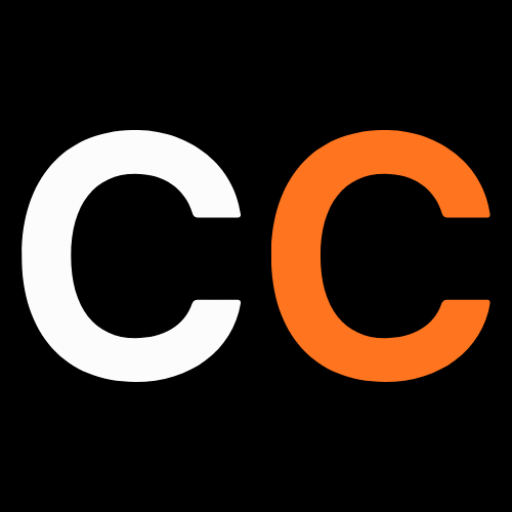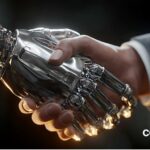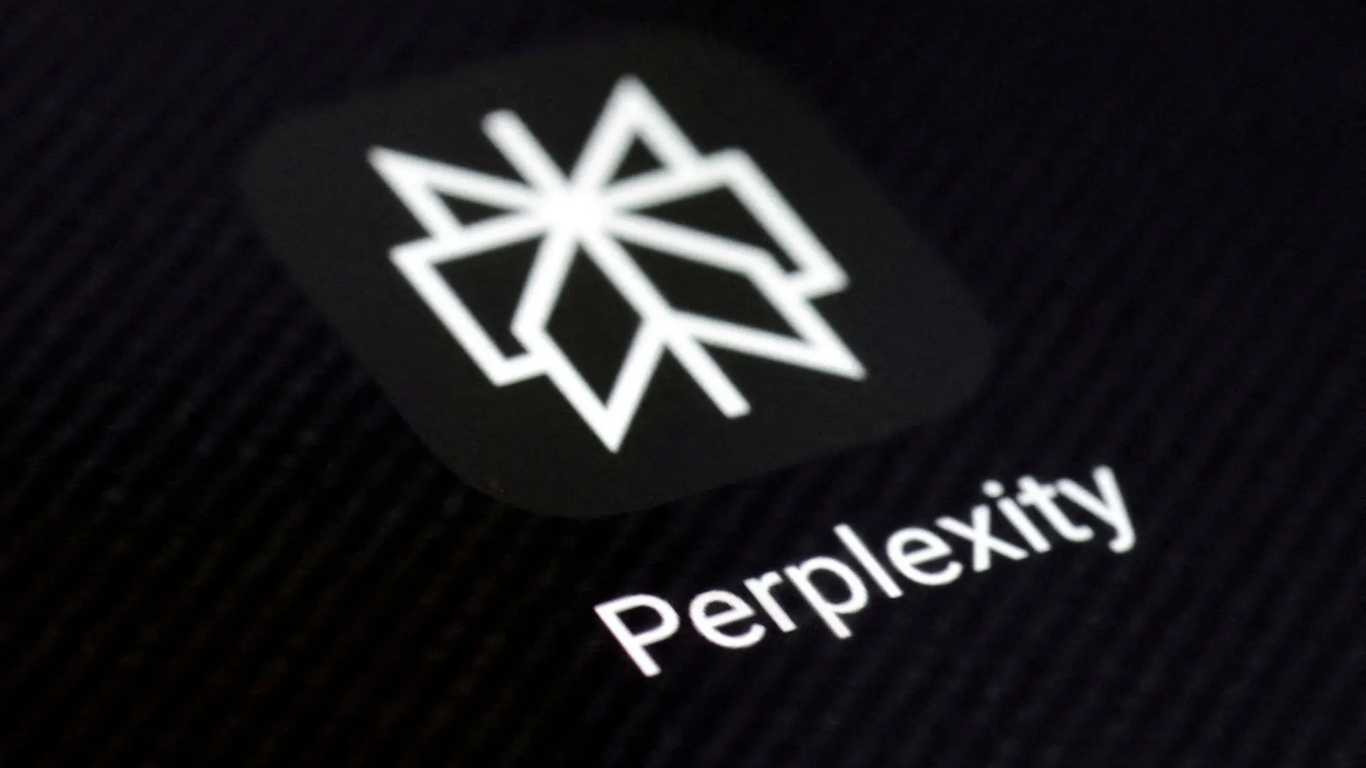In an era where automation and artificial intelligence (AI) reshape how we work, traditional credentials—prestigious degrees, elite alma maters, thick transcripts—are increasingly losing their luster. That’s the bold message from LinkedIn’s CEO, Ryan Roslansky, who recently argued that four core qualities—not formal credentials will determine success in the future of work.
Here’s why his insight matters and how individuals and organizations can adapt proactively.
Why the Shift Away from Academic Pedigrees Matters
For decades, higher education has been the gold standard for assessing talent. A degree from a top-tier university acted as a signal: intelligence, discipline, promise. But in a rapidly evolving economy, that signal is weakening.
Roslansky made his remarks during LinkedIn’s “AI in Work Day” event. He asserted:
“The future of work belongs … to the people who are adaptable, forward thinking, ready to learn, and ready to embrace these tools.”
He emphasized that the “mindset shift” is perhaps the most exciting trend, as organizations recalibrate what they look for.
His point: in an AI-infused workplace, the ability to harness, adapt to, and coexist with change will be far more prized than whether you attended an Ivy League institution.
He does not just appear to be supported by LinkedIn posturing data. Linked In has stated that there was an upsurge in job postings that demand AI literacy at the rate of 70 percent annually. And according to a 2024 survey by Microsoft, 71 percent of business leaders noted that they would choose a less-skilled AI-capable candidate over a more qualified AI-capable candidate.
Besides, external observers can witness a bigger trend: skills-based hiring is becoming increasingly popular at the expense of pedigree-based screening. Companies are so much more open to recruiting talent on the basis of proven ability and cultural fit- not necessarily resume flaunts.
The Four Qualities That Will Outweigh Degrees
Let’s dive into the four traits Roslansky highlights, and why each one matters deeply in the coming years:
1. Adaptability
In a world where AI and technology evolve faster than organizational structures, adaptability has become the new currency. Karin Kimbrough, LinkedIn’s chief economist, warned that we are reshaping not just job titles but the very nature of what it means to be employable.
What is adaptability in practice?
- Being comfortable with ambiguity, not waiting for perfect instructions
- Reinventing one’s role to fit changing organizational needs
- Moving quickly from domain to domain when disruption occurs
- Being able to turn the skillsets and mentalities instead of clinging to a legacy.
Employees who are resistant to change, who stick to the old processes, and people who believe that what worked ten years ago will work the same, run the risk of being obsolete. But the ones that are able to re-arrange themselves and their skills will be prosperous.
2. Forward Thinking
Forward thinking does not only mean the solution of the present problems but also the sight of the horizon. It entails the foresight of any change in the market, technology, and the customer behavior and aligning with that.
In practice:
- Cultivating a curiosity about what’s next, especially around AI, data, automation
- Questioning the status quo and proposing experiments or pilot ideas
- Investing mental bandwidth to read, observe, network, and scan for weak signals
- Encouraging “futures literacy” inside your team or organization
Forward thinkers don’t just react they lead. They act as early adopters, internal evangelists, and bridges to the new way of working.
Read more: Top 5 Topics on ConnectionCafe.com
3. A Readiness to Learn (Growth Mindset)
Roslansky’s third quality is “ready to learn.” In many ways, this is the linchpin: as skills, technologies, and roles shift, your capacity to absorb, unlearn, relearn, and iterate may matter more than what you already know.
Key aspects:
- Intellectual humility: knowing that you do not possess the answers.
- Continuous learning as a habit, not a checkbox (reading, courses, experimentation)
- Feedback loops and reflection loops.
- Building resilience against failure and using it as a growth lever
Many leaders echo this. For example, a Meta manager recently said curiosity and evidence of ongoing learning count more than a degree in hiring decisions.
4. AI Literacy (Tool Fluency + Judgment)
The fourth and, probably, the most disruptive trait is AI literacy. It is not only knowing how to press buttons but also knowing how AI functions, what its boundaries are and how to combine the human advantage with machine power.
Roslansky was blunt:
“Knowing how to talk to chatbots won’t be enough.”
But AI literacy is more than technical skill:
- Understanding prompt engineering, model biases, and evaluation
- Knowing when to trust AI outputs—and when to question them
- Judging ethical and governance aspects of AI deployment
- Focusing on interoperability: AI + human collaboration, not replacement
- Determining applications in domain situations (not generic AI tricks)
In a word: AI is not supposed to be a Deus ex machina but rather a conversational partner, augmentation tool, and amplifier of human judgment.
The reason These Traits are more important than Degrees.
1. Degrees Are Static, Skills Are Dynamic
A degree captures what you learned at one point in time, not how you evolve. In contrast, these four traits are inherently dynamic and future-ready. They emphasize direction over status.
In fact, research supports this shift: a recent analysis of millions of LinkedIn profiles found that the diversity and specificity of skills reported by users explain more variation in pay than degrees or tenure.
2. Broader and More Inclusive Talent Pools
Relying heavily on “fancy degrees” privileges those who had access to elite institutions—but excludes many high-potential individuals from underrepresented backgrounds. By focusing on traits and demonstrable skills, you widen the funnel.
Skills-based recruiting is gaining favor because it helps organizations uncover latent talent regardless of pedigree.
3. Faster Adaptation to Market Disruption
When markets pivot (as many are doing now under AI disruption), rigid credentials don’t adapt—people with the ability to learn, shift perspective, and leverage new tools do. The four traits above give built-in resilience to change.
4. Human Differentiation in an Automated World
As machines become more capable, the traits that machines can’t replicate—empathy, ill-structured thinking, context awareness, moral judgment—become rarer and more precious. Adaptability, forward thinking, growth orientation, and AI literacy all feed into that.
Roslansky stressed that empathy, communication, and human skills remain critical. The human component is not vanishing—it’s the secret weapon.
Read more: Generative AI and AI-Based Data Models in U.S. Fintech
What This Means for Jobseekers, Employees & Organizations
For Jobseekers
- Update Your Narrative
Move your résumé, LinkedIn, and personal brand to emphasize projects, learnings, adaptability, AI fluency, rather than just where you studied. - Show Proof, Not Promise
Demonstrate these qualities through side projects, micro-credentials, hackathons, contests, public portfolios, or AI experiments. - Commit to Lifetime Learning
Don’t rest after your degree or first job. Schedule time monthly for reading, coding, AI prompts, peer groups, and reflection. - Stay Agile with Skills
Be ready to pivot. If your domain becomes automated or commoditized, shift laterally with curiosity.
For Leaders & Organizational Strategy
- Rebuild Hiring Criteria
De-emphasize pedigree. Elevate assessment of learning orientation, AGILITY, prompt-based AI thinking, and adaptability. - Embed Skill Pathways
Create continuous learning programs—micro-courses, experiments, internal rotations—to reinforce growth mindset. - Promote AI + Human Partnerships
Make AI tools available internally and coach employees in tool fluency and collaboration. - Foster a Future-Ready Culture
Celebrate experimentation, psychological safety in failure, cross-domain work, and foresight. - Iterate with Feedback
Use data (performance, retention, productivity) to adjust which traits truly predict success in your environment.
Challenges & Considerations
This is not a perfect shift, and it will face friction:
- Equity in Access to Tools
Not everyone has equal access to AI education, courses, or mentorship. Without leveling, we risk new divides. - Surface-Level Adoption
Saying “we value adaptability” is one thing; embedding it in reward systems and workflows is another. Many organizations will lag. - Overemphasis on AI
While AI literacy is critical, reducing talent to “who can prompt best” is a trap. Judgment, domain knowledge, values, ethics must anchor it. - Resistance from Traditionalists
Established institutions and hiring managers steeped in credential thinking may balk. Change management is needed.
Conclusion
LinkedIn CEO Ryan Roslansky’s call isn’t a slight to higher education—it’s a wake-up call: the future will reward those who can adapt, look ahead, commit to lifelong learning, and partner intelligently with AI.
For professionals, it means shifting your identity from “degree-holder” to “force multiplier”—someone who augments capability with agility, foresight, and tool fluency.
For organizations, it means rewriting hiring and development models, embracing growth culture, and fostering AI fluency across teams.
Degrees won’t vanish entirely, but they will increasingly become a baseline. The real edge will lie in mindsets, not merit badges. The question now is: which side will you lean into?









